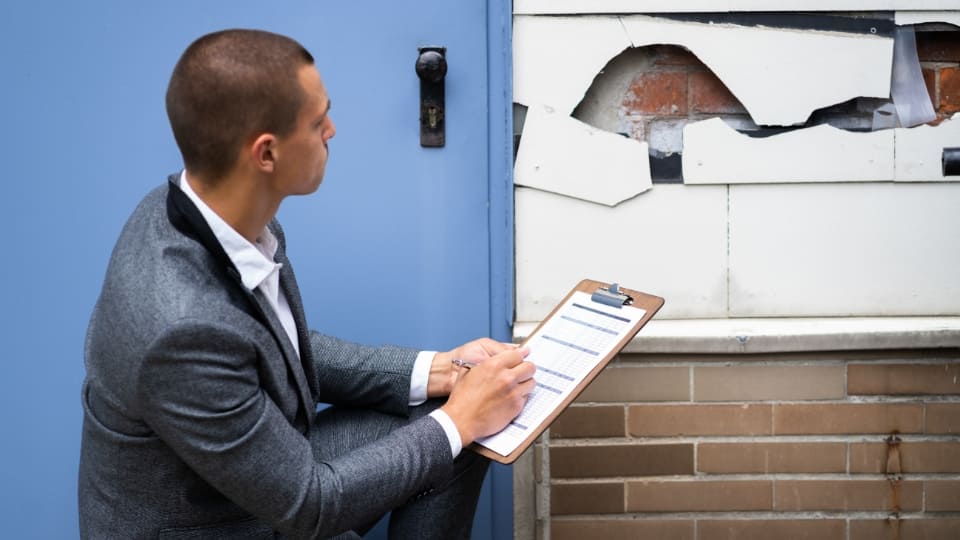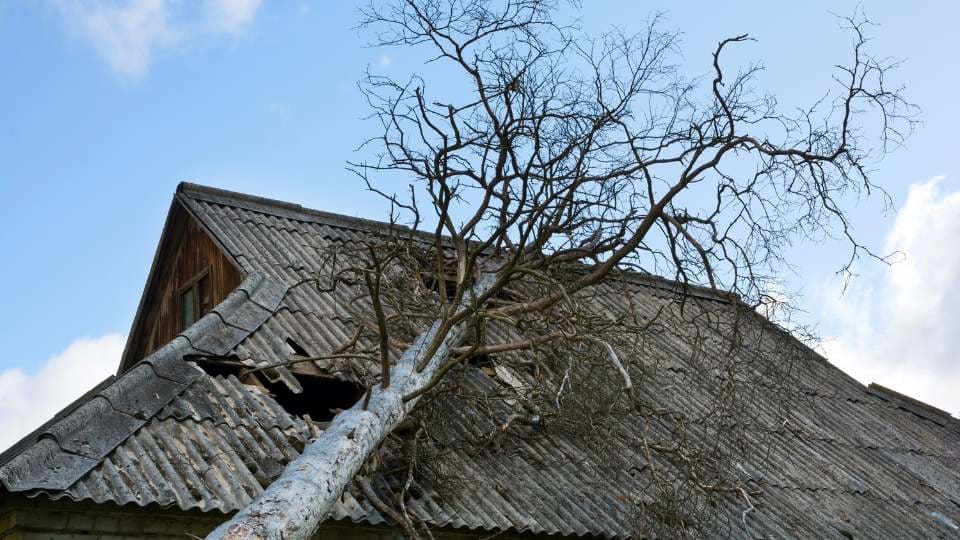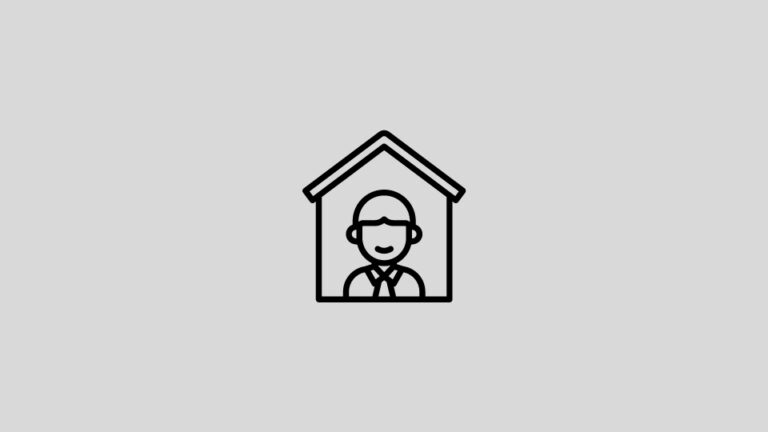What to Do if Someone Destroys Your Property
Property damage is a typical occurrence that can affect everyone. Natural disasters, accidents, or even deliberate acts can all cause it. Individuals and landlords can suffer enormous financial and emotional losses due to property destruction. Property damage in Florida can range from wind and hail damage to water and freezing damage, fire damage, and other miscellaneous damages.
If someone destroys your property, you must understand how to limit the damage and seek compensation. In this post, we will go over the various sorts of property damage that can occur in Florida, the criminal charges involved with property destruction, and the steps you should take if your property has been harmed.
We will also discuss how landlords can safeguard their interests if their renters cause property damage. You may proactively protect your property and reduce the impact of property damage if you are aware of your alternatives.
Types of Property Damage in Florida

Living in Florida has many advantages but it also means coping with extreme weather that can cause property damage. It is critical to understand the many forms of property damage that can occur in Florida and how to prevent or repair them.
Wind and Hail Damage
In Florida, wind and hail damage are the most prevalent weather-related insurance claims. Strong winds can cause substantial damage to homes and buildings by uprooting trees, electricity wires, and other structures. Roofs, windows, and siding can all be damaged by hail. It is critical to inspect your house regularly to ensure that your roof is secure and in good working order.
Water and Freezing Damage
Water damage in Florida can occur from various sources, including rain, flooding, plumbing problems, or melting ice. Water damage can also be caused by freezing conditions, especially if pipes rupture due to the cold. It’s critical to keep your home’s plumbing in good working order and to solve any leaks or difficulties as soon as possible to avoid water damage.
Other Property Damage
Aside from the damage outlined above, Floridians may experience various types of property damage. Damage from fallen trees is widespread during storms and can cause substantial damage to homes and businesses. Termite infestations are very common in Florida and can cause significant structural damage to homes. Falling objects, toxic mold, sinkholes, lightning, smoke, and mildew can also cause property damage. It is critical to be aware of these dangers and to take the appropriate steps to avoid property damage.
Homeowners must be aware of the various sorts of property damage that might occur in Florida. Routine inspections and upkeep of your property can help prevent damage, but if damage does occur, it is critical to address it as soon as possible to minimize repair costs. When protecting your property against harm, it’s always better to be cautious than sorry.
Destruction of Property Charge in Florida

In Florida, it is critical to understand the state legislation and the potential implications of property destruction. It is a crime in Florida under Florida Code 806.13 to deliberately or willfully destroy someone else’s property. Criminal mischief charges and punishments vary based on the magnitude of the damage produced.
If the worth of the damaged property is less than $200, the offender will be charged with a second-degree misdemeanor, punishable by up to 60 days in jail and a $500 fine. For damages between $200 and $1,000, the offender will face first-degree misdemeanor charges, which may result in a year in prison and a $1,000 fine. If the worth of the damage exceeds $1,000, the individual guilty may be prosecuted with a third-degree felony, punishable by up to five years in prison and a $5,000 fine.
It is vital to remember that these penalties include any compensation the offender may be forced to pay for the victim’s property damage. As a result, it is critical to be aware of your activities and take the appropriate precautions to avoid destroying someone else’s property.
What to Do If Someone Destroys Your Property
When someone destroys your property, purposefully or unintentionally, you may feel lost and bewildered about what to do next. There are, however, a few procedures you can take to assist you in obtaining compensation for your losses.
Assessing the damage is the first step
Document a detailed inventory of what has been harmed with photos and videos as evidence. This information will be useful if you file a claim with your insurance carrier.
Documenting the damage is also important
Take photos and videos of the impacted areas to ensure you have a visual record of the damage. This can also be used to demonstrate the magnitude of the damage to your insurance company or in court.
Filing a police report is the next step
To report the damage and destruction, always contact your local police station. A police report can be used as evidence in court to hold the individual responsible for the damage to your property.
Contacting your insurance company is crucial
File a claim with your insurance company after doing an inventory and documenting the damage. They will dispatch a claims adjuster to assess the damage’s degree and the compensation the insurance company should provide.
Seeking restitution through civil court
Seeking restitution through civil court is an option if your insurance company won’t pay or wants to pay less than you deserve. Using the civil court system, you can file a lawsuit against the person who harmed your property and seek restitution.
These procedures can help you collect the compensation you deserve if someone damages or destroys your property. Save all records and documentation of the damage, submit a police complaint, and notify your insurance company immediately. If your insurance company fails to provide you with the money you deserve, you can pursue restitution in civil court.
Dealing with Tenant Damage in Rental Properties
Dealing with tenant damage can be unpleasant and daunting for a landlord. These are some things to mitigate the damage and obtain compensation for any required repairs.
Identifying the damage
The first step in dealing with tenant damage is to determine the extent of the damage. Perform a comprehensive assessment of the property to detect any damaged areas. Take photos and videos of the damage to show your insurance company and the tenant who is accountable for it.
Categorizing the damage
Once the damage has been detected, categorize it by kind and severity to help prioritize repairs. This will assist you in determining what has to be done right now and what can wait.
Eliminating the damage
Perform the necessary repairs to remove the harm. You can do simple repairs yourself. You may need to engage an expert to repair more extensive damage.
Documenting the damage and repairs
Take images and videos of the impacted locations to document the damage and restorations. It has maintained detailed records of all repairs, including material and labor receipts. This will assist you in obtaining compensation for any repairs made.
Deducting repair costs from the security deposit:
If the tenant is at fault, you may deduct repair costs from their security deposit. Nonetheless, it would help if you abode by your state’s security deposit deduction laws and regulations.
Seeking legal action if necessary
If your insurance company refuses to pay or offers less than you deserve, you can pursue restitution in civil court. You can take legal action against the tenant if they purposefully or carelessly caused the harm.
Tenant damage can be a frustrating experience, but adopting the right actions might assist in mitigating the damage and seeking compensation for any repairs made. Remember to document all damage and repairs, categorize the harm, and, if necessary, seek legal action.
Landlord Rights When Tenant Destroys Property
When tenants damage your property, it can be annoying and distressing for you as a landlord. Nonetheless, you can take action to safeguard your rights and minimize your damages.
Eviction procedures
When dealing with a tenant who has caused damage to your property, one of the first measures you can take as a landlord is to initiate eviction proceedings. You can serve a three-day notice for late rent or a seven-day notice for other violations if the tenant has not paid rent or has violated the lease agreement. If the tenant does not cooperate, you may file an eviction complaint with the court.
Recovering damages through civil court
If the tenant abandons the property and causes damage, the landlord may be entitled to a portion of the security deposit as compensation. If the damage exceeds the value of the security deposit, the landlord may initiate legal action in civil court to recover the remaining damages. Sometimes, a landlord may obtain a ruling to offset rent lost while looking for a new tenant.
Protecting their interests through lease agreements and insurance policies
It’s critical to have a solid lease agreement that clearly states the tenant’s responsibilities for property maintenance to prevent harm and protect your rights as a landlord. It would help if you also considered forcing tenants to carry renters insurance to cover any damage to the property. Proper insurance coverage will also protect you financially in the event of tenant-caused damage.
Finally, landlords have the legal right to recoup damages when renters cause damage. Following the proper legal processes and preserving your landlord’s interests is critical. You may reduce your damages and preserve your property by having a clear leasing agreement, adequate insurance coverage, and taking necessary legal action.
Conclusion
Finally, property destruction can substantially impact the criminal and the victim. It is critical to document the damage, submit a police complaint, and contact your insurance provider if someone destroys your property.
Landlords have rights to safeguard their property and interests, including the ability to sue tenants for damages and evict tenants who cause damage or do not pay rent. Victims of property destruction can hold the culprit accountable and receive the reparation they deserve by completing the necessary measures and seeking legal action.
Prevention is vital; be aware of your surroundings and safeguard your stuff to avoid unnecessary damage or loss.





